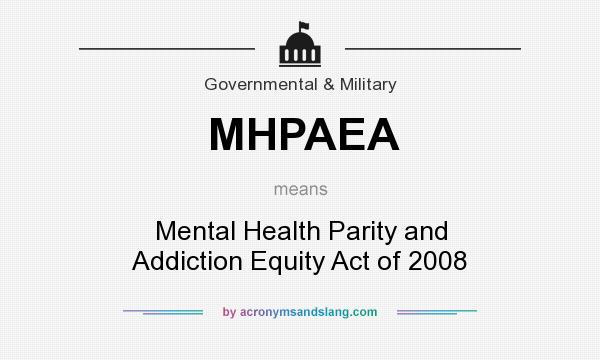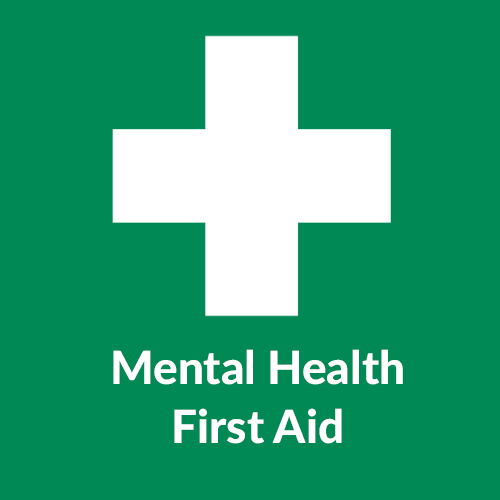This vicious circle obscures the underlying issues that are triggering bad sleep habits in the first place. 50% of Canadian adults have trouble falling asleep or staying asleep. With time, sleep disturbances cause a state of sleep deprivation. While much of the brain is a secret, we do understand that sleep deprivation's effects on the brain can aggravate sleep disorders. There are over 70 kinds of sleep conditions. You probably understand of insomnia, which is a condition where you have a difficult time falling or remaining asleep. The impacts of sleeping disorders can quickly impact your quality of life. If this happens to you, you're not alone. One research study discovered that 3.3 million Canadians struggle with insomnia. 5.4 million Canadian grownups have sleep apnea, or are at high threat of establishing it. Sleep deprivation causes psychological disruptions like sensation irritable, nervous, or discontented.
Individuals who are sleep deprived typically have trouble focusing throughout the day, battle with keeping in mind things, and feel worn out at inconvenient times. Sleep deprivation and mental health are so closely connected that psychiatrists and psychologists think about sleeping disorders an early caution sign of mental disease. On top of psychological challenges, the impacts of sleep deprivation manifest in your body too. Poor sleep triggers low sex drive, weight gain, and can deteriorate your immune system. This makes you more vulnerable to catching diseases like the cold or influenza. The reasons for sleep disruptions are extensive, from too much screen time, to deep-rooted mental health difficulties. Sleep deprivation and stress and anxiety are a typical pair. People with short-term anxiety, and people with long-lasting stress and anxiety disorders, typically report problem getting sufficient sleep. The experience of not having the ability to go to sleep can increase anxious sensations associated with bedtime. It's not surprisingly difficult to have trouble sleeping, which tension turns into more fuel for anxious thoughts. ADHD (attention deficit disorder )makes it tough to sleep for 25% -50 %of kids who have it. Youngsters may have a harder time comprehending why they feel uneasy and irritable when they're tired. Poor sleep and ADHD are so often reported together that, just like with anxiety, it can be tough to inform if sleep problems or ADHD preceded. Coffee drinkers may have difficulty sleeping due to the fact that caffeine is a stimulant. Tobacco, alcohol and other drugs can prevent you from sleeping at all, or avoid you from sleeping deeply.
Stimuli like light from mobile phone and television screens interrupt our capability to drop off to sleep and stay asleep. A bedtime routine that includes shutting off screens, mindful wind-down activities like meditation, and noise decrease, can help you naturally drift off to sleep. Some specialists study sleep psychology specifically - how a patient body language affects doctors mental health. Their work involves helping clients handle their sleep disorders, and informing on.

sleep habits. Even though we have more to learn, it's clear that sleep deprivation impacts an individual's mental state. Chronic sleep disorders are more common in people who have depression than in mentally healthy individuals. When an individual falls asleep, there are 4 stages they travel through - how being placed in an orphanage negatively affects mental health. These are wake, light sleep, deep sleep, and REM (rapid-eye-movement sleep) sleep. There are links between the period of an individual's Rapid Eye Movement and their memory, capability to discover, and psychological wellness.
See This Report about How Stress Affects Mental Health
Some research correlates anxiety and insufficient Rapid Eye Movement. Working with a professional can help uncover poor sleep routines, or demanding ideas causing sleeping disorders. You can contact our psychiatrists http://traviseylo335.huicopper.com/our-what-constitutes-a-mental-health-crisis-diaries or psychologists to get begun with much better sleep, right from the comfort of your bed. Getting enough sleep, and the right kind of sleep, is important for our overall health and wellbeing. While you sleep, your body works to support healthy brain function and preserve your physical health. And for kids and youths, sleep is how their mind and bodies grow and develop. When you do not get adequate sleep, you feel exhausted, you find it hard to focus and remember things and you might be irritated. So not getting adequate sleep affects the way you feel, believe, work, learn.

and get along with other individuals. If you are having problems getting to sleep or staying asleep, or if you typically feel exhausted throughout the day, you might need to work out what's occurring. But the excellent news is most sleeping issues are quickly repaired. For a number of us, we're irritated and irritable, we find it tough to concentrate, and we have no energy. We can overreact when things do not go our method, and we might find we're less delighted if something excellent takes place. So it is easy to see how ongoing insomnia can be a worry. It can also significantly affect your state of mind. Sleeplessness and mood disorders are carefully connected. And it can work both methods sleep loss can affect your mood, and your mood can impact how much and how well you.
sleep. Research studies show people who are sleep denied report increases in unfavorable state of minds( anger, frustration, irritability, sadness) and reduces in positive moods. It can also raise the danger of, and even contribute to, developing some state of mind conditions. Your state of mind can likewise affect how well you sleep. Anxiety and tension increase agitation and keep your body excited, awake and alert. You might discover you can't turn your brain off, your heart beats faster and your breathing fasts and shallow (how meth affects your mental health clouded). Just how much sleep you require depends on your age, exercise levels, and basic health. Kids and teenagers need 910 hours of.
sleep a night (how your physical health affects your mental health). Younger kids tend to go to sleep earlier and wake previously. As kids grow into teens, they appear to get exhausted later and sleep in later. We tend to require less sleep, as we grow older. These are some general guidelines. If you( or your children) are tired throughout the day, you may require more sleep. If you've been having problem getting enough excellent sleep, fortunately exists are numerous methods you can improve your sleep routines. Attempt going to bed around the same time every night and getting up at the exact same time each early morning. Avoid drinking coffee and alcohol too close to bedtime. And finish eating a minimum of two hours before your head hits the pillow. Keep Televisions and iPads out of your bedroom. Make your bed room a sanctuary.
Our What Affects Can Mental Health And Health And Wellbeing Have On Career Statements
Turn the lights down as you enter bed. Check out utilizing a bedside light. Attempt some basic meditation, like closing your eyes for 510 minutes and focusing on taking deep, slow breaths. Delight in a warm bath. Don't lie awake watching the clock. If you are tossing and turning, attempt getting up and checking out a book for half an hour or two prior to trying to go to sleep once again. They will help you exercise whether a common condition is affecting your sleep, such as: insomnia jet lag and shift working sleepwalking, nightmares and night horrors uneasy legs snoring sleep apnoea. Your GP can talk to you about some non-medical treatments for sleep conditions, such as relaxation training. Smiling mind has useful strategies for children and grownups.